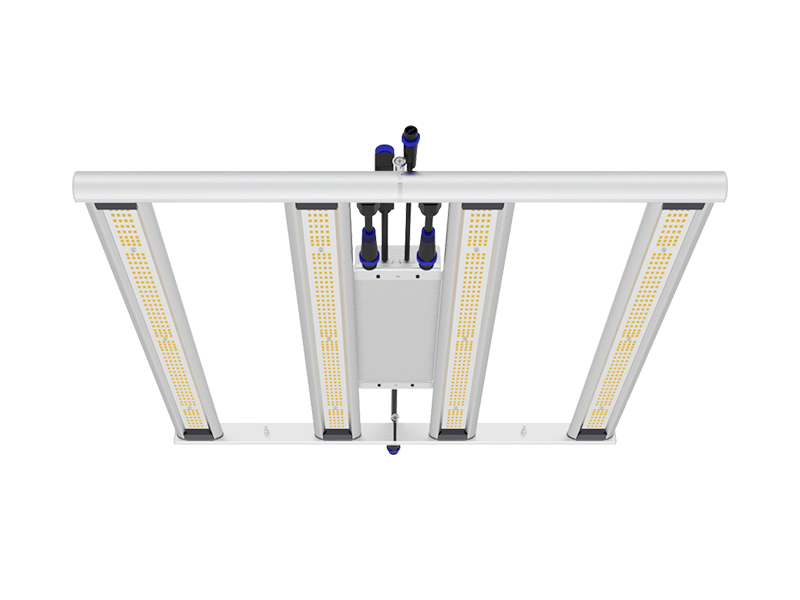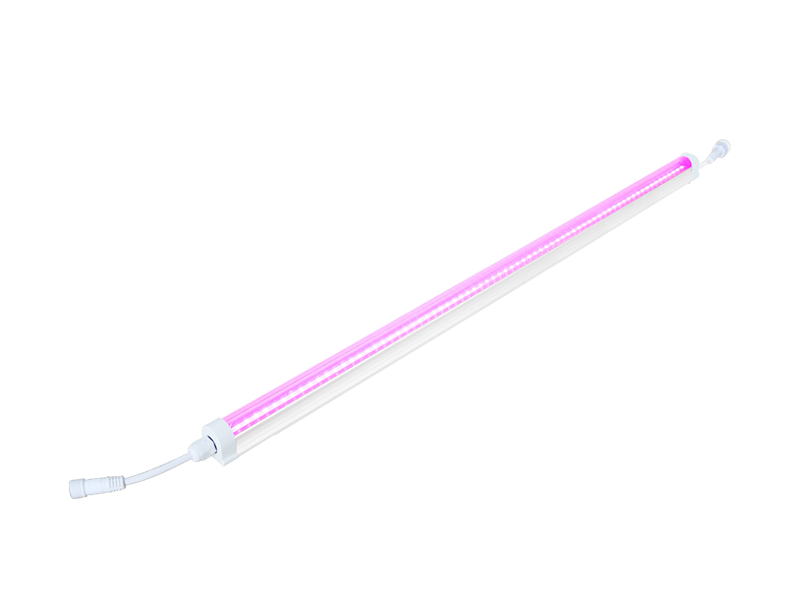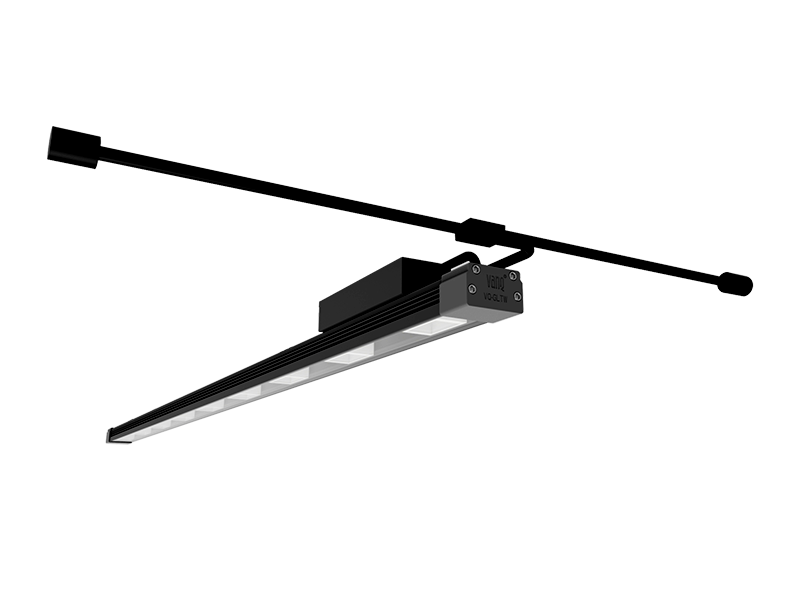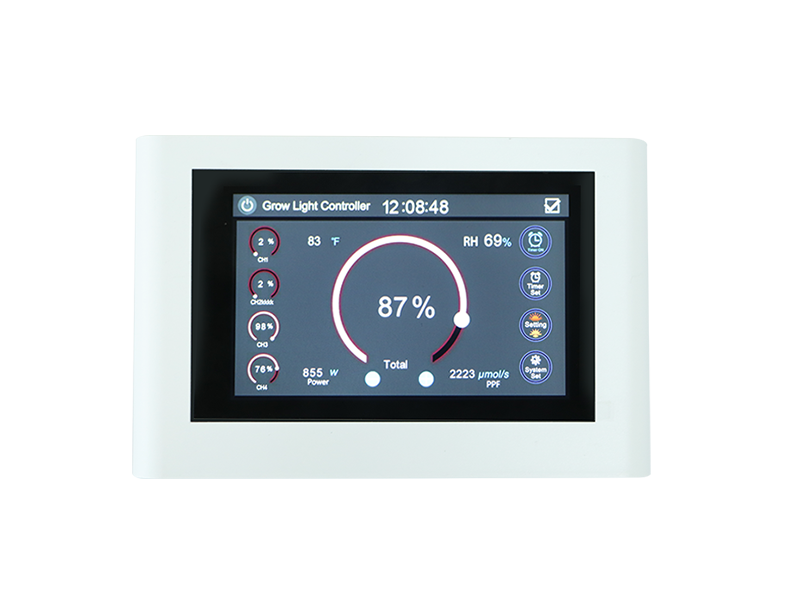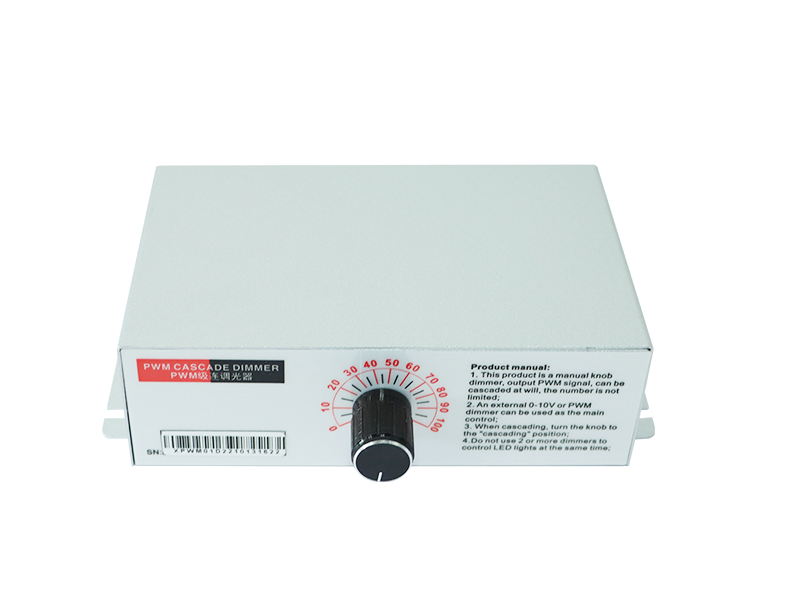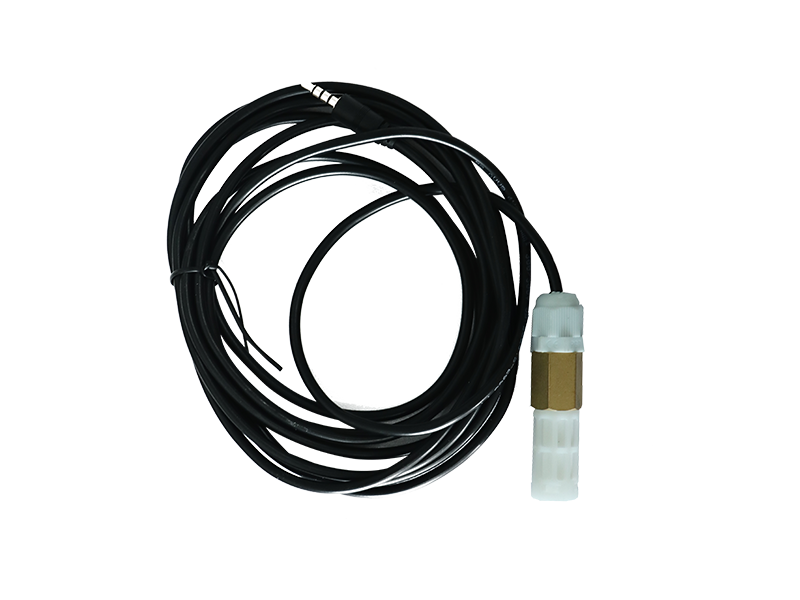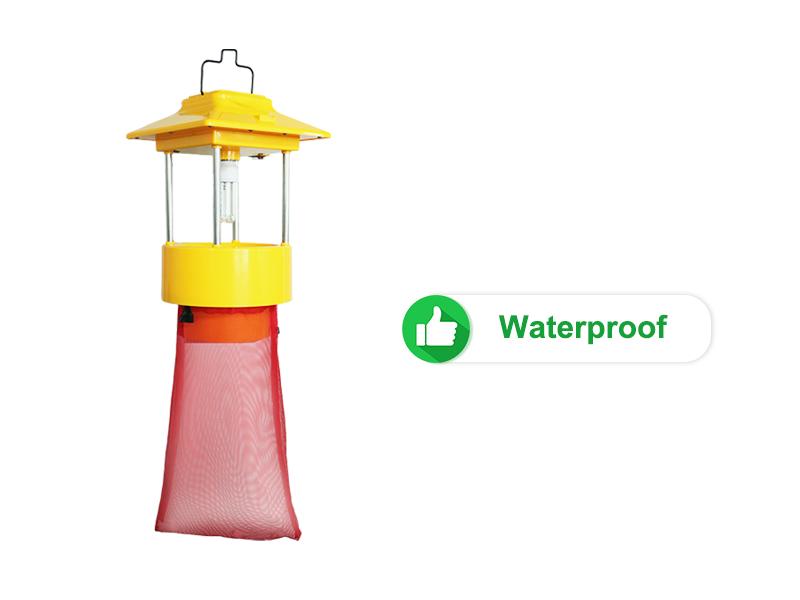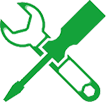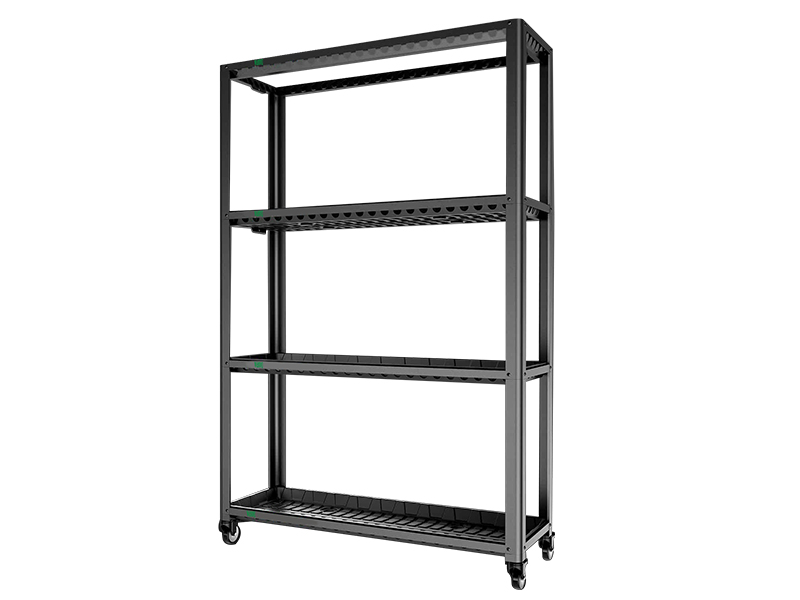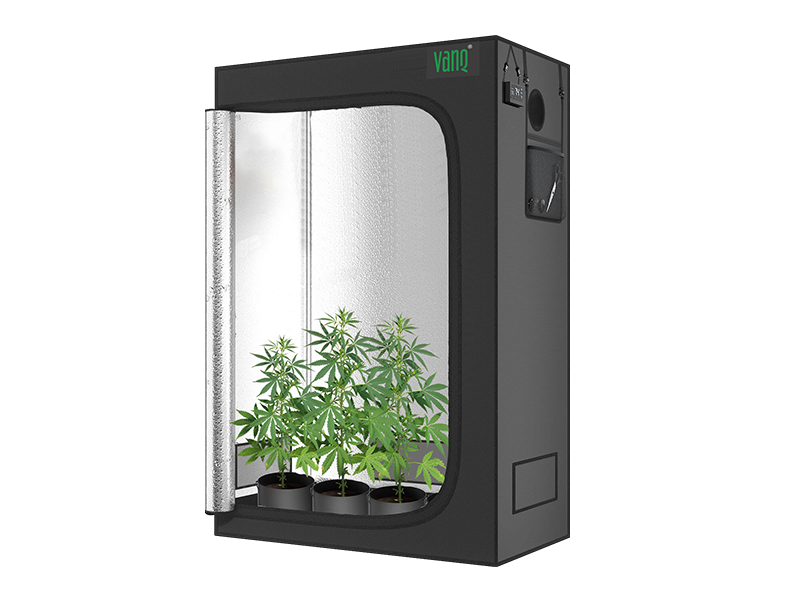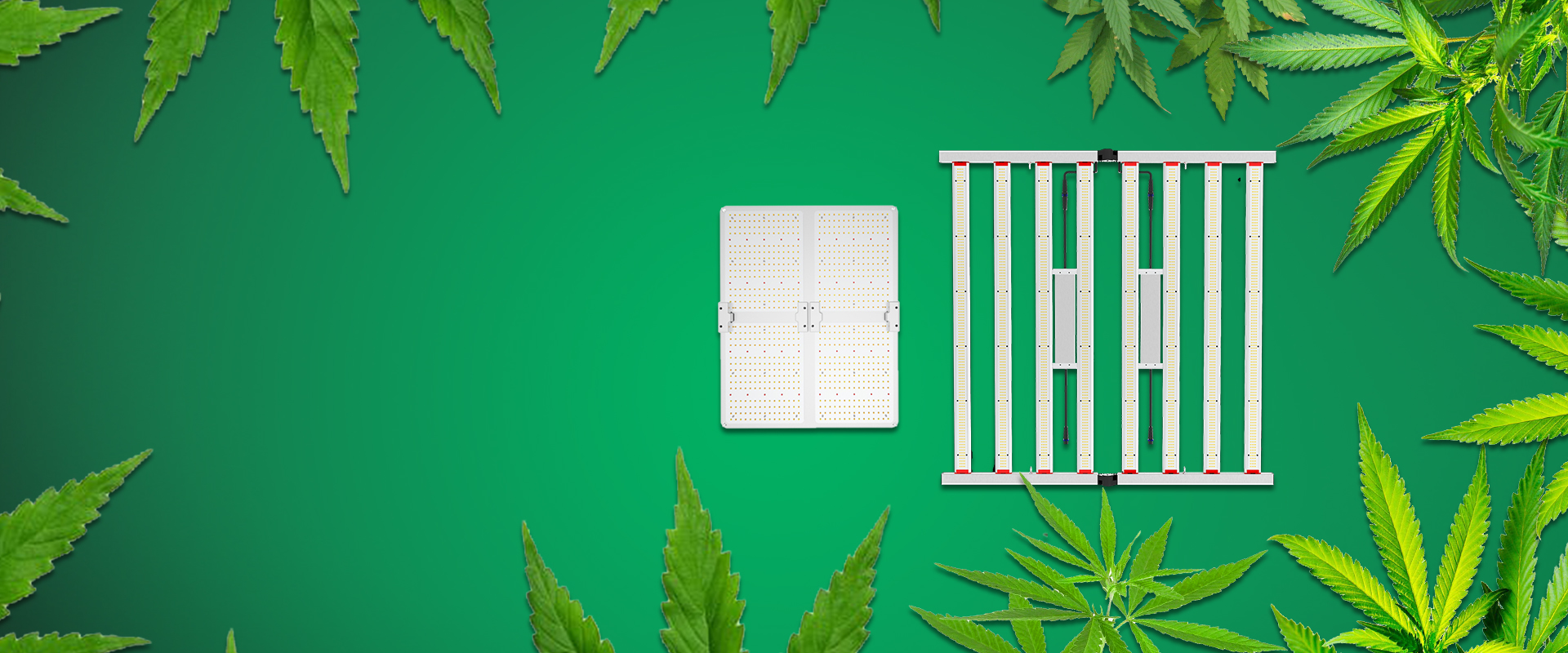In 2018, South Africa's Constitutional Court ruled that the private use of cannabis was legal, but only for individual consumption.
On May 28, 2024, President Cyril Ramaphosa signed the Cannabis for Private Purposes Act (CPPA) into law. Under this legislation, adults are permitted to cultivate, possess, and use marijuana within their private spaces. However, public consumption and unlicensed sales remain prohibited. Those interested in commercial growing or selling must obtain a formal license.
Now, let’s explore the limitations surrounding personal cultivation and usage in more detail:
1. Personal Cultivation and Use

Private cultivation and possession:
Adults living alone: They are permitted to possess up to 600 grams of dried cannabis and cultivate a maximum of four plants.
Households with multiple adults: In households with two or more adults, the total allowance increases to 1.2 kilograms of cannabis and up to eight plants
Important: All cultivation and use of marijuana must take place on private property. Possession or consumption in public spaces, such as streets or parks, remains illegal.
Restrictions in public places:
The possession limit in public spaces is 100 grams of marijuana, and it must be held "privately," meaning it cannot be visible to others.
2. Commercial Cultivation

While personal use marijuana cultivation is legal in private spaces, commercial cultivation and sales are still heavily regulated. Any attempt to grow marijuana for commercial purposes requires a specific license; otherwise, it is considered illegal.
How to Get a Marijuana License in South Africa?
1). Define the purpose of the marijuana
First, you need to clarify the purpose of the marijuana. What do you intend to do with it? Are you planning to produce medical marijuana, sell it, or conduct research? Each purpose comes with different regulatory requirements.
Cultivation license: For the commercial cultivation of marijuana (including medical and industrial purposes).
Manufacturing license: For producing marijuana-based products.
Sales license: For legally selling marijuana and related products.
Research license: For conducting research-related activities.
2). Submit an application to SAHPRA
Submit a proposal to the South African Health Products Regulatory Authority (SAHPRA), outlining company details, cultivation or manufacturing strategies, safety protocols, and regulatory compliance measures.
3). Comply with relevant laws
You must also ensure that marijuana cultivation complies with South Africa’s drug and narcotic regulations. All production and sales must align with the Medicines and Related Substances Control Act.
For large-scale cultivation, approval is required from the environmental and agricultural authorities to ensure that activities do not negatively impact ecosystems or interfere with agricultural production.
Marijuana facilities are mandated to implement strict security measures, including surveillance systems and robust security controls, to prevent illegal trafficking or misuse of cannabis.
4). Approval and ongoing regulation
The South African Health Products Regulatory Authority (SAHPRA) will assess facilities and operational plans to ensure compliance with regulations. Upon obtaining a license, companies must regularly report their production and sales activities to the relevant regulatory bodies. Additionally, they are required to undergo routine inspections to maintain compliance with the law.
3. Conclusion
South Africa allows the cultivation of marijuana for personal use in private spaces, but there are clear legal restrictions on commercial cultivation, sales, and public use.



